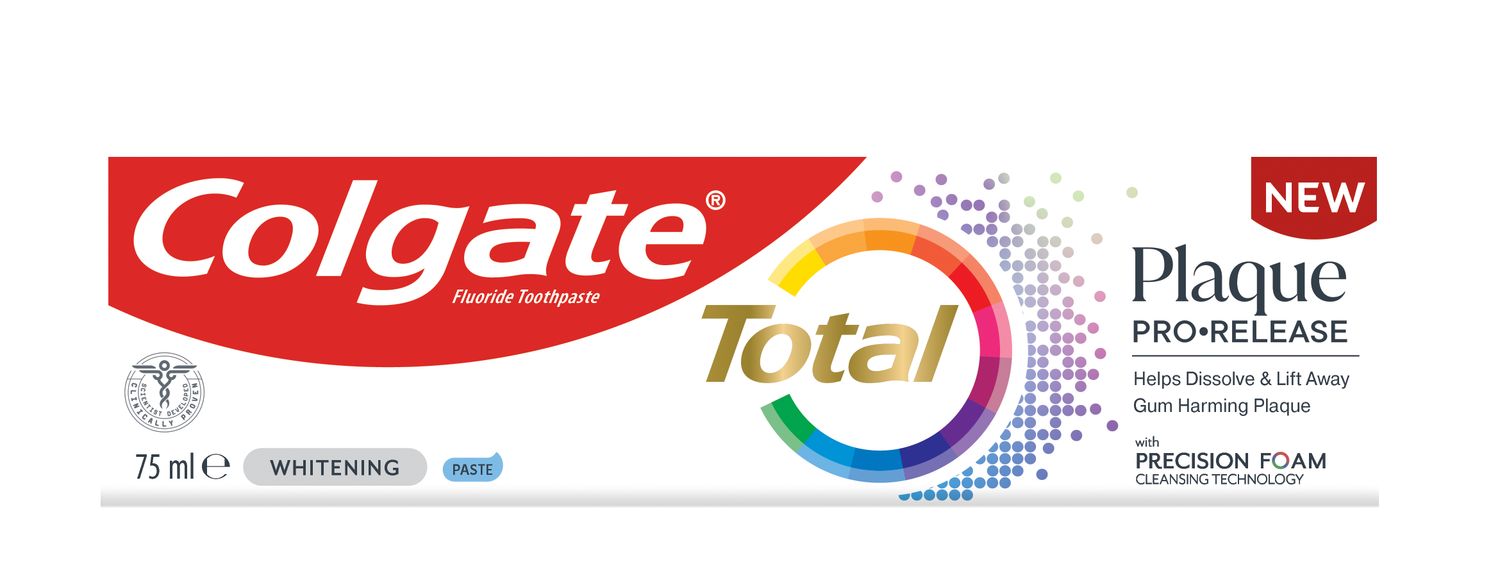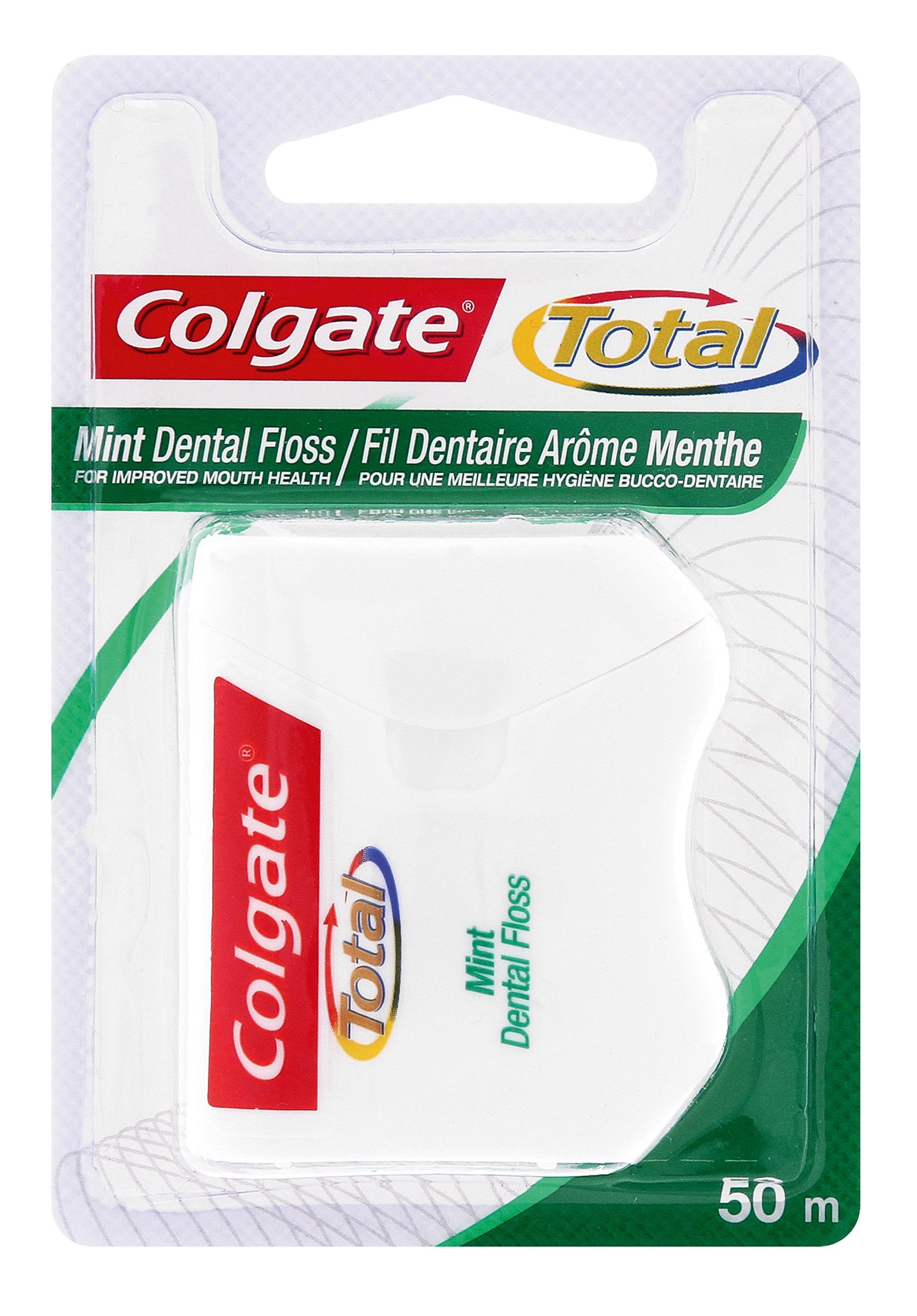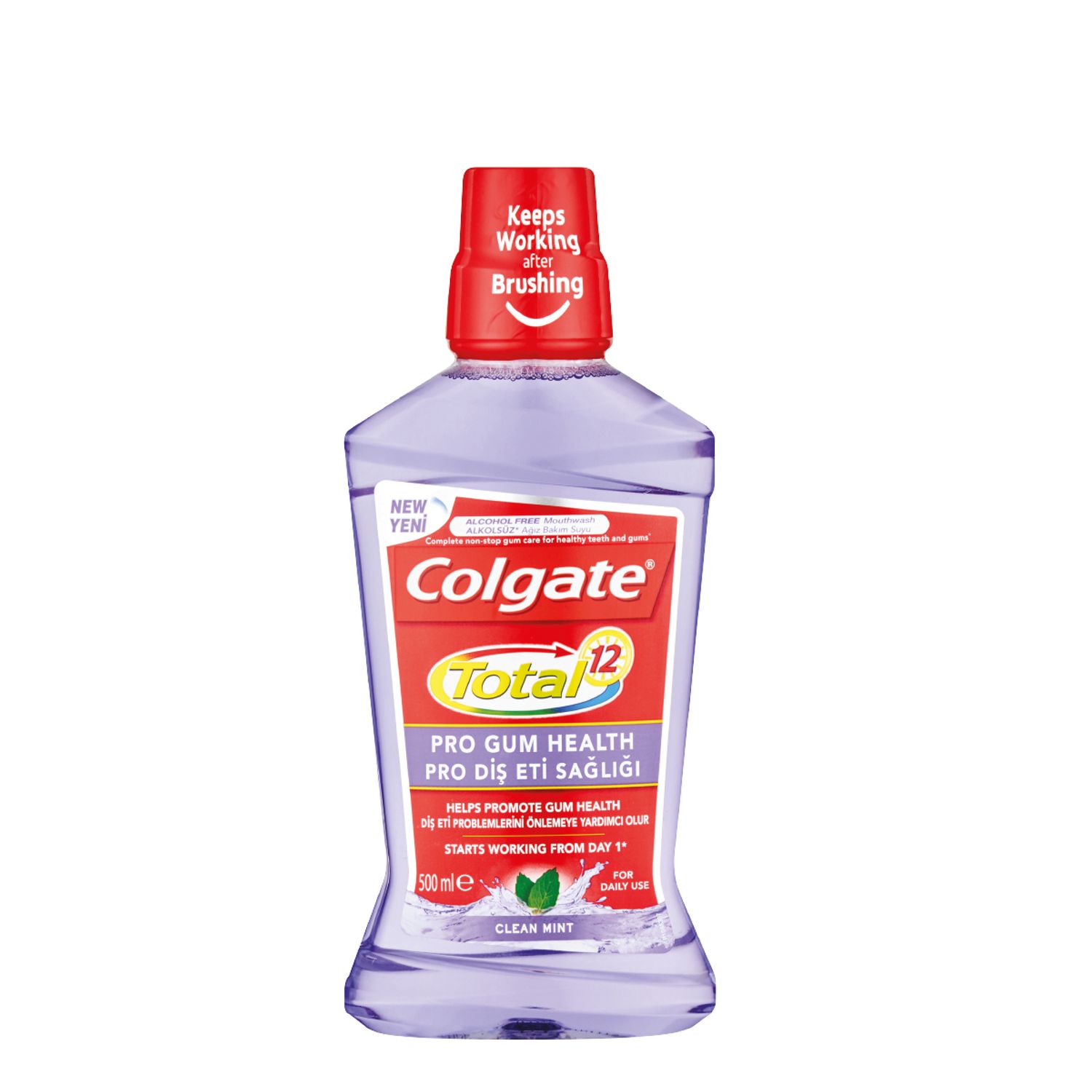-
-

CAVITIES
Can You Heal A Cavity At Home?You feel a sharp pain when you bite down or try to eat. You think it's a cavity, but you're not 100 percent sure...

BAD BREATH
How To Cure Bad BreathMore commonly known as bad breath, halitosis is an embarrassing hygiene issue that nobody wants, but some of us get every now and then...
-
Science & Innovation
- Colgate® | Toothpaste, Toothbrushes & Oral Care Resources
- Oral Health
- Respiratory Conditions
- Does Post Nasal Drip Affect Dental Health?


The season for drippy noses, sinus infections and colds has arrived. In addition to making you feel under the weather, is that ticklish buildup of mucus at the back of your throat causing unexpected dental or oral health problems?
The Bad Breath Myth
It is a common misconception that bad breath, also known as halitosis, can be the result of postnasal drip. Erin O'Brien, M.D., answering questions for the Otorhinolaryngology Department at the Mayo Clinic in Rochester, Minnesota, says that a drip does not cause oral odor; however, symptoms that often accompany a drip, such as an infection or the common cold, can cause bad breath. When the amount of mucus production is lessened due to illness or medications, it can cause dry mouth and a build up of bacteria or decaying food particles, which in turn can result in bad breath and the beginning of dental decay.
Why We Need Mucus
Having postnasal drip is not a medical condition. The production of clear, odorless mucus is a natural process to keep the throat moist and healthy. If the body creates too much mucus, you may need to clear your throat or cough. If an overproduction of mucus becomes persistent, it may indicate trouble with gastric reflux and should be evaluated by your physician.
If your drip is associated with gastric reflux or another systemic illness such as liver disease or lung disease, you may experience dry mouth and bad breath. Schedule routine oral checkups to ensure healthy gums, teeth and tongue.
Reducing the Drip
Under the guidance of a physician, you can significantly reduce the discomfort that accompanies overstimulation of postnasal mucus production. The Mayo Clinic recommends:
- Sleeping with your head slightly elevated to promote drainage.
- Losing weight if necessary.
- Avoiding foods and beverages immediately before bedtime.
It is also helpful to limit your intake of dairy products in your efforts to reduce mucus production. Instead of giving a child milk, switch to juice or water temporarily to see whether the symptoms ease. Although eating ice cream or pudding feels good on an irritated throat, these milk-based products can stimulate excess mucus production.
In general, postnasal drip does not have any negative effects on your dental health. Even so, if the drip becomes bothersome, it could be a sign that something else is amiss with your health, which could ultimately lead to other medical or oral issues.
Related Products

Helping dental professionals
More professionals across the world trust Colgate. Find resources, products, and information to give your patients a healthier future











